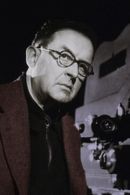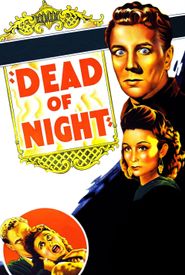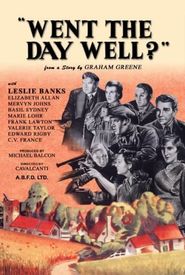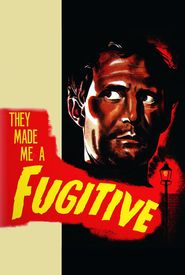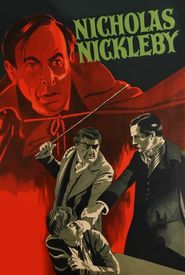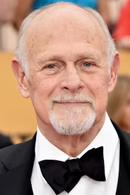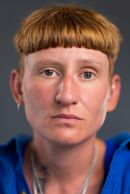Alberto Cavalcanti, a Brazilian-born filmmaker, began his career in France in 1920, initially working as a writer, art director, and director. His early work included the avant-garde documentary "Nothing But Time" (1926),which chronicled the daily lives of Parisian workers. In 1933, Cavalcanti relocated to England, where he joined the GPO Film Unit under John Grierson, initially serving as a sound engineer on the film "Night Mail" (1936) before progressing to producer.
During World War II, Cavalcanti worked at Ealing Studios, initially heading Michael Balcon's short film unit until 1946, while also working as an art director, producer, and director. His notable directorial credits during this period include "Champagne Charlie" (1944),"The Life and Adventures of Nicholas Nickleby" (1947),and "I Became a Criminal" (1947).
Following the release of "I Became a Criminal," Cavalcanti returned to Brazil, where he established his own production company and went on to direct films such as "Song of the Sea" (1953) and "A Real Woman" (1954). However, his progressive political views soon drew the attention of the right-wing Brazilian authorities, prompting Cavalcanti to return to Europe in 1954.
He eventually settled in France, where he continued his work in television. Cavalcanti passed away in Paris in 1982.
